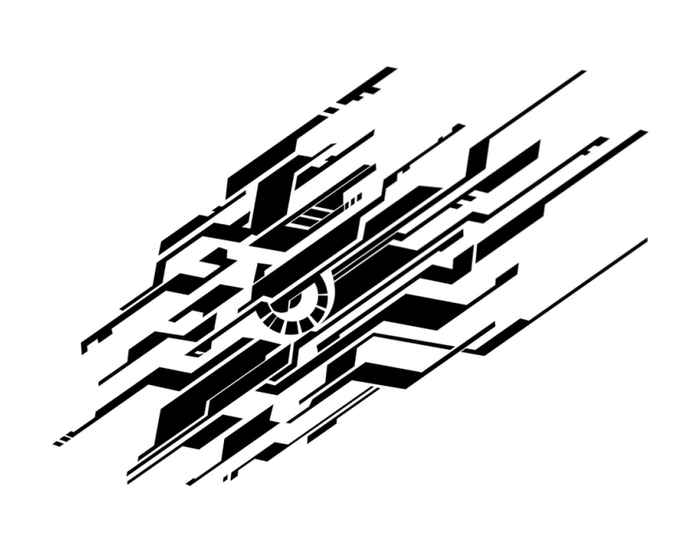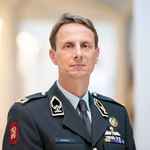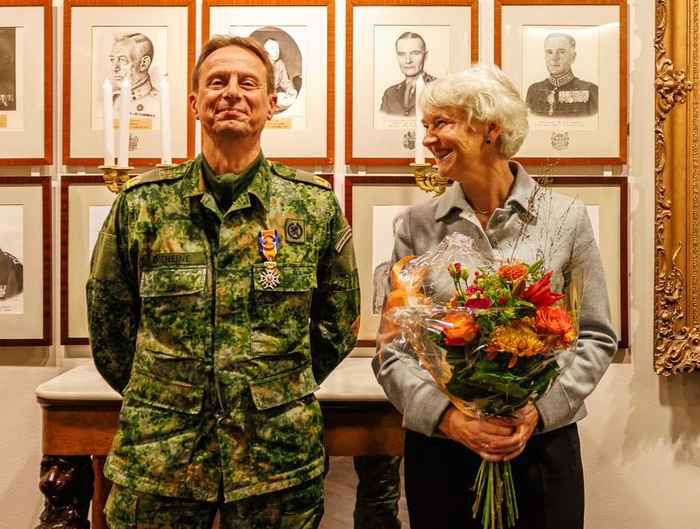‘The Netherlands must forge a digital weapon while there is still peace’
Amsterdam Law School
24 January 2025

‘What you are doing now, typing on your laptop, can already be called a cyber operation,’ Ducheine explains, pointing to the keyboard. 'This is a cyber activity. But my chair is mainly about malicious cyber operations by states or criminals.’
So, what is a malicious cyber operation?
'If the operation harms our legal order or national security. It generally involves espionage, sabotage or theft of intellectual property and data. Maastricht University was a victim of a ransomware attack, as were the University of Amsterdam and the Hogeschool van Amsterdam. Recently, in all likelihood, TU Eindhoven was also targeted. Initially, educational institutions try to solve something like this along with the police. But if national security is involved, the intelligence service is called in, and, in extreme cases, the armed forces come to help. In this chair, I looked at the role of each party and found out how they cooperate. We mapped it all out to untangle things.'

The easiest way to cross the border is digitally
Who is leading the way when it comes to cyber operations?
'In no particular order: China, Russia, Iran, North Korea, the United States and Israel. The Netherlands is not on that list. But Dutch intelligence services score pretty high, I think, based on what they've shared.'
Will the countries high on the list call the shots?
'It doesn't matter much which state is at the top of the list. Yes, these are the big players. They have proven that in terms of size and type of operations. But it could be a completely different state that soon discovers something new. For instance, we don't know how the situation in Syria will develop. They could buy in on a programme tomorrow that will cause them to call the shots in 10 years' time. Ultimately, you only know if you are effective when you have to "get down to business". This is why training is so important. If you don't train, the chances of things going well are much lower.'
Is the Netherlands preparing well for a cyber operation?
'That is quite an issue. For example, the Air Force cannot train with F35s on Vlieland because of noise pollution. So where is it allowed? If you can't practice your skills, you are guaranteed not ready for war. The same applies to the digital route. The easiest way to cross the border is digitally. Such an attack is not as visible as invading with tanks. You can simulate battles endlessly in stand alone networks in preparation, but you should also be able to practice outside, in the real world. The armed forces must forge a digital weapon while there is still peace. That includes having a clear legal framework. If you still have to figure out when and how NATO can be activated, you will be running behind when we are attacked.'

The Netherlands needs a lion with teeth
Is it not yet clear when NATO can be activated?
'That question was considered by the government's Advisory Council on International Affairs in 2011. Then you have it worked out in theory, but you have to start putting it into practice. It still requires a political decision to consider something an “armed attack”, as defined in the NATO treaty. Any new government has to train with possible war scenarios. It needs a plan, a legal framework, sufficient capacity and the will to use this capability. It is important to show that we are up for the task. You also need public support for the resources you want to deploy. Only then can you deliver a convincing message. You have to show your teeth.'
Is the Netherlands able to show those teeth?
'I sometimes doubt whether the Netherlands is really willing to deploy resources. You can also see this in the reactions to NATO chief Rutte's statements. Some people call his warning scaremongering. That may be the part of the population you have to convince to allow training with F35s on Vlieland. I wonder if the armed forces can have a real deterrent effect without that support base. The main role of the armed forces is deterrence: not to be deployed. But that comes at a price. Defence competes with other interests, such as space, noise pollution or politicians who would rather put money elsewhere.'
Why is there not more support?
'People have grown accustomed to peace and security in Europe. When I joined the armed forces in the Cold War, there was still a conscript army. Those born after 1970, will hardly understand what that means. We have forgotten warfare, fortunately, because it was no longer necessary. But we now have to rebuild what we abolished 30 years ago. It is easy to label Rutte's statements as scaremongering because you can continue to go on a carefree holiday. A sense of realism is missing. Ultimately, it's about the product that Defence guarantees that there is enough security and the Netherlands can remain the Netherlands.'
It is easy to label Rutte's statements as scaremongering because you can continue to go on a carefree holiday
Is that security currently at stake?
'Yes. We see a threat on the eastern border with Russia. You want to prevent Russia from further crossing the territorial and digital borders. You have to ensure you are taken seriously enough by potential enemies. That deterrent effect is not big enough now. The armed forces should not be a ‘paper tiger’ that everyone can see through. The Netherlands needs a lion with teeth. If things go wrong, you shouldn't be angry with the Ministry of Defence, because the lion hasn't been given any teeth.'
What needs to be done to deter enemies?
'I explain that with colleagues Marten Zwanenburg and Peter Pijpers in the report "Teeth for the Lion" that the Minister of Defence sent to parliament in late December. For example, there is a need for training facilities for the armed forces operating in the information environment. Legal frameworks are also needed for training in the virtual dimension. Would data be allowed to be collected in an exercise, and who will ensure the date is removed afterwards?'
How long do we have to get our defence in order?
'If you listen to Rutte, you have to get those teeth in place within now and a few years. Remember that we can come up with these things, but that Russia might have two lions ready by now. We can endlessly weigh our options, but in the end, we can only see our own cards.'

Brigadier General Paul Ducheine is a military lawyer. He is stepping down after 10 years as a professor by special appointment of Military Law of Cyber Security and Cyber Operations at the Amsterdam Law School. Still, he will remain at the faculty as a senior researcher. In addition, Ducheine remains active as a professor of Cyber Warfare and chair of the War Studies department at the Netherlands Defence Academy.
A lot has happened in your career since you became a professor by special appointment in 2014: from a royal award to having eggs thrown at you at a Top Lunch for students. How do you reflect on that?
'Someone disagreed with Defence at the Top Lunch. As a soldier, I accept that people can have some opinions. I could easily overcome it, but people close to me found it more difficult. When someone starts throw eggs a line is crossed. I see the same happening with the demonstrations on campus. Academics have a responsibility to respect the democratic decision-making process. That is not the same as demolishing the building if you don't agree with something.'
Is the university a safe place to speak up?
'It should be, but it isn't at this time. People don't dare walk in here with a yarmulke. It is not safe. My colleague, Lieutenant Admiral Rob Bauer was invited to Room for Discussion but was booed off by protesters. That's not okay. As an organizer, the university is responsible for allowing discussion and ensuring safety. Conversations with people with different opinions have become more difficult in recent years.'